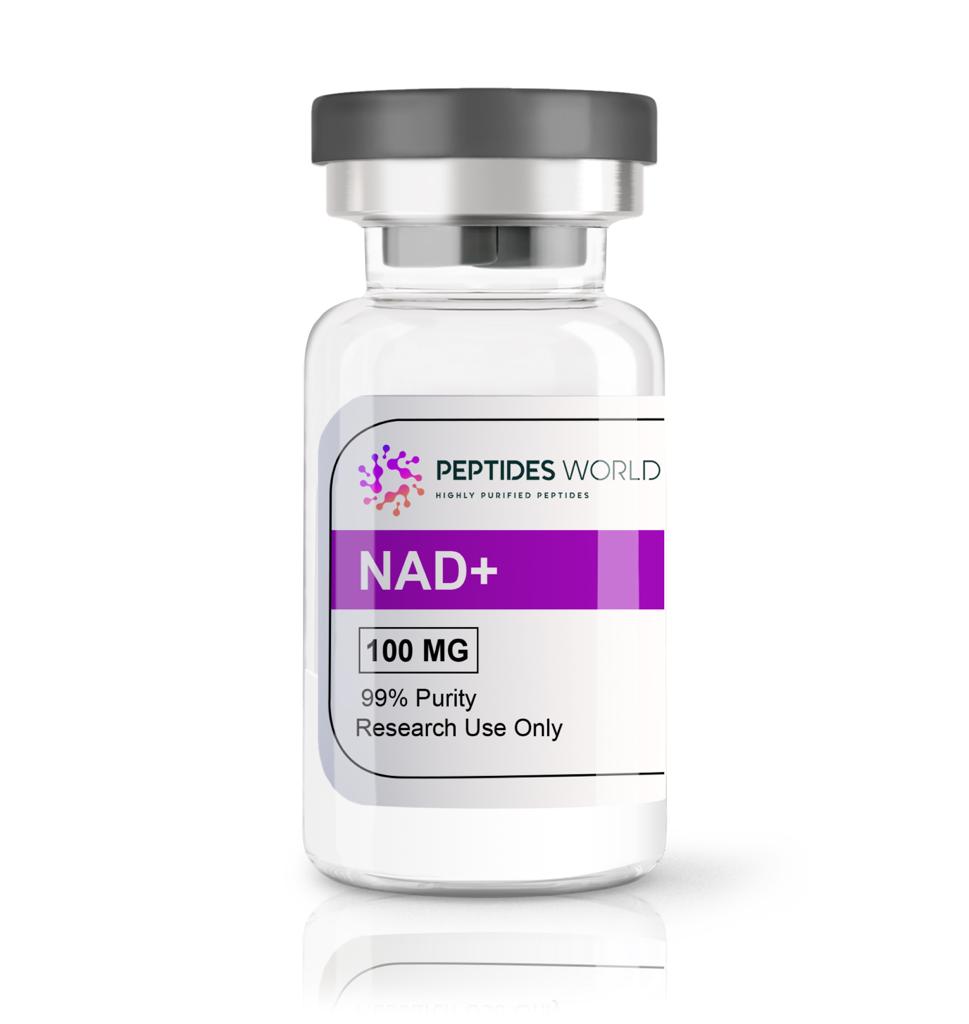In the quest for enhanced wellness and longevity, science continually seeks pathways to optimize human health. Among the most promising developments in recent years is the research and application of Nicotinamide Adenine Dinucleotide (NAD) and its relationship with peptides. This article explores the groundbreaking realm of NAD peptides, offering insights into how they are transforming our understanding of health, aging, and disease prevention.
Understanding NAD and Its Importance
NAD is a vital coenzyme found in all living cells, playing a crucial role in the biochemical processes that generate energy. It’s involved in the metabolism of fats, carbohydrates, and amino acids, facilitating the transfer of electrons in the redox reactions that drive cellular energy production. Beyond its pivotal role in metabolism, NAD is also crucial for the repair of damaged DNA, regulation of circadian rhythms, and maintenance of overall cellular health.
However, as we age, NAD levels naturally decline, leading to a decrease in cellular function and an increase in vulnerability to age-related diseases. This has propelled the scientific community to explore ways to boost NAD levels within the body.
The Emergence of NAD Peptides
Peptides, short chains of amino acids, are emerging as significant players in health and wellness owing to their ability to serve various biological functions. In the context of NAD, specific peptides have been identified that can stimulate the production of this coenzyme, thereby offering a novel approach to enhancing cellular health and longevity.
Research indicates that these NAD-boosting peptides work by activating enzymes called sirtuins. Sirtuins play a key role in cellular health, including DNA repair, gene expression, and mitochondrial function. By increasing NAD levels, these peptides essentially fuel the activity of sirtuins, promoting cellular repair, energy production, and potentially extending the lifespan of cells.
Benefits of NAD Peptides
The implications of increased NAD levels through peptide therapy are vast and varied. Here are some of the potential benefits:
• Enhanced Metabolic Health: By improving the efficiency of energy production, NAD peptides can contribute to better metabolic health, reducing the risk of obesity, diabetes, and metabolic syndrome.
• Improved Neurological Function: NAD plays a critical role in brain health. Boosting its levels can support cognitive function, potentially offering protection against neurodegenerative diseases.
• Anti-Aging Effects: The activation of sirtuins not only helps repair DNA damage but also can slow down the aging process, leading to healthier, more resilient cells.
• Increased Physical Endurance: Enhanced mitochondrial function means that cells can produce energy more effectively, which could translate into improved physical performance and endurance.
The Future of NAD Peptide Research
While the potential of nad peptides is immense, it’s essential to understand that research is ongoing. Scientists continue to explore the full range of benefits, optimal dosages, and potential side effects of these compounds. However, the current trajectory of research is promising, indicating that NAD peptides could play a crucial role in the future of preventative health care and anti-aging strategies.
Conclusion
The exploration of NAD and its synergistic relationship with peptides represents an exciting frontier in the field of health and wellness. By harnessing the power of these molecules, we stand on the cusp of breakthroughs that could significantly impact our approach to aging, disease prevention, and overall vitality. As research progresses, the promise of NAD peptides continues to unfold, offering a glimpse into a future where optimal health and longevity are within closer reach.
The Revolutionary World of NAD Peptides: A Deep Dive
